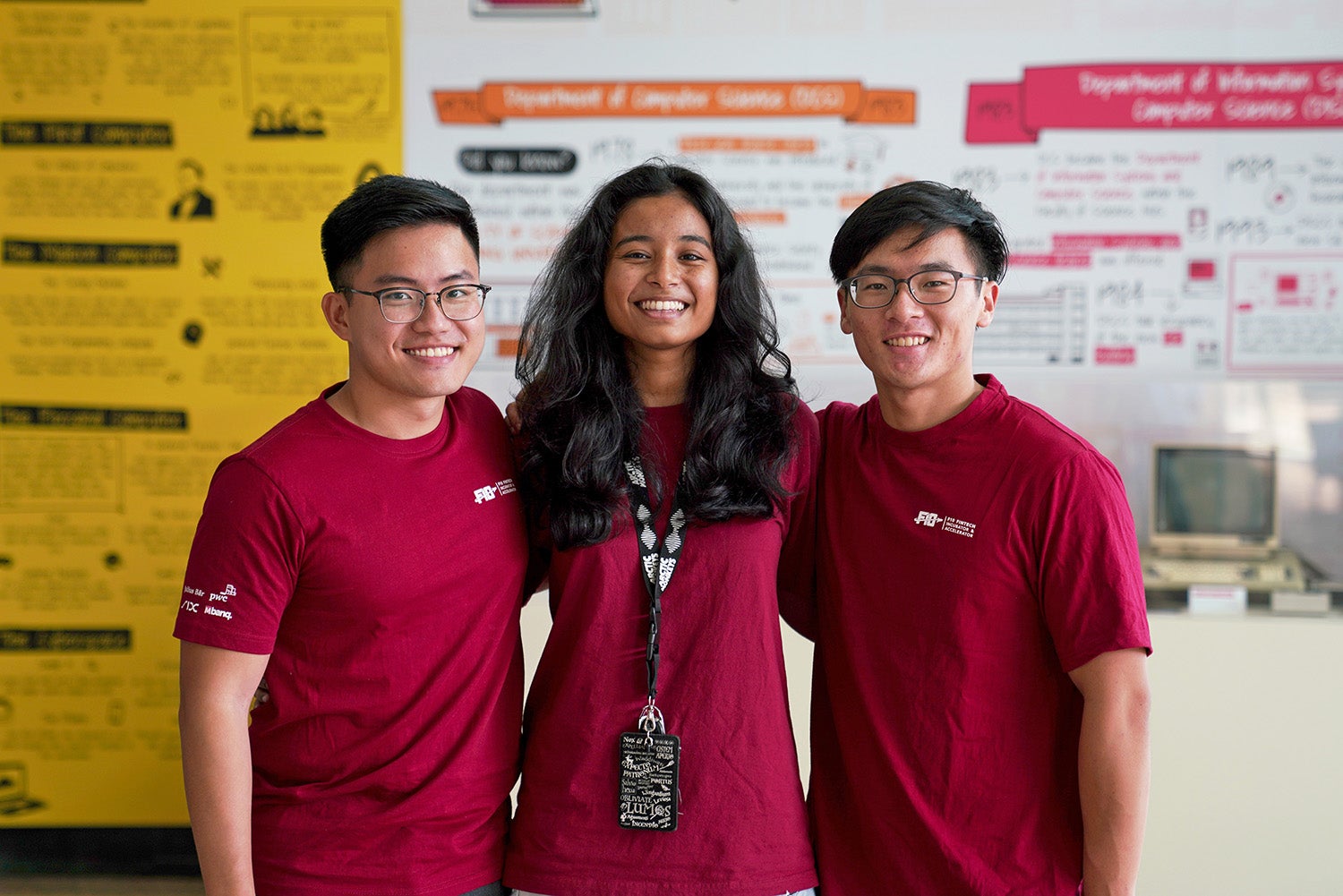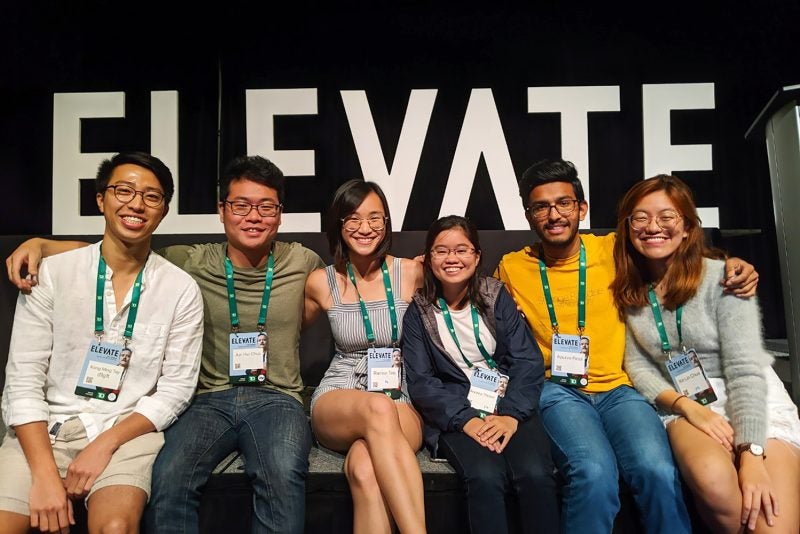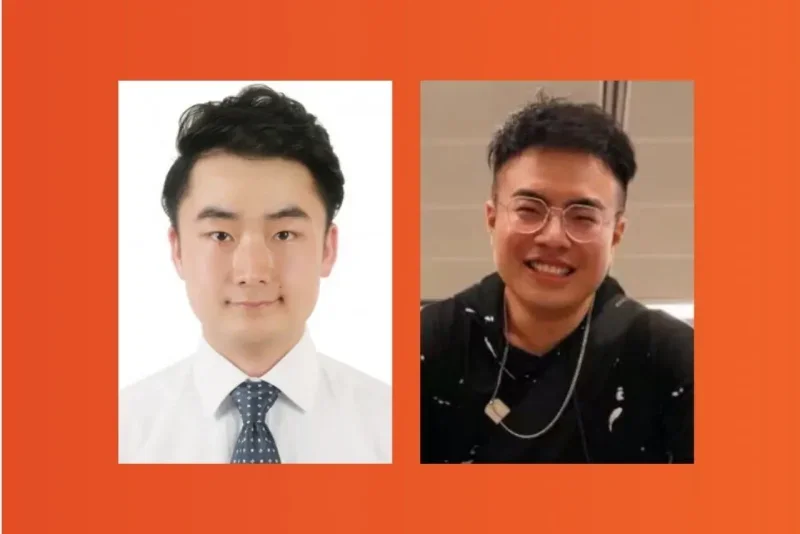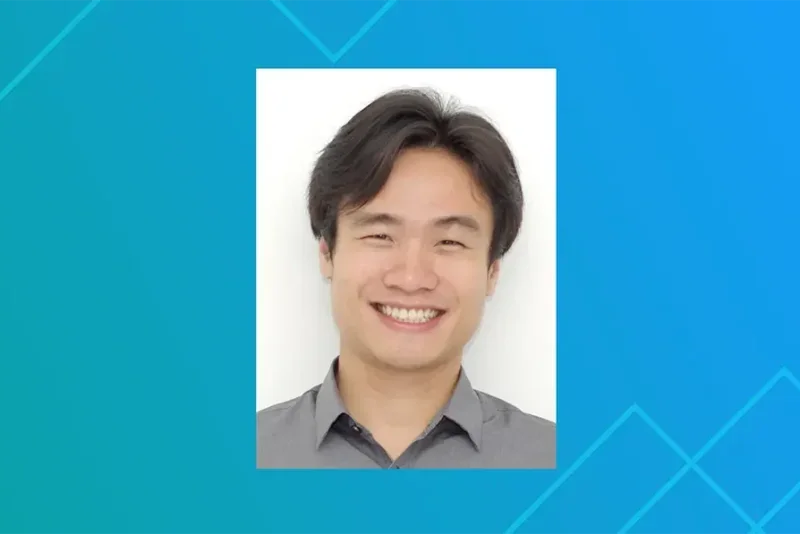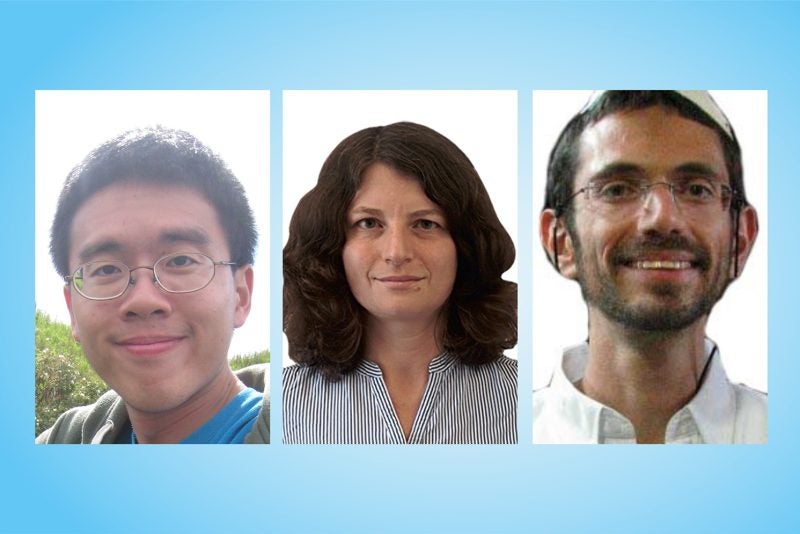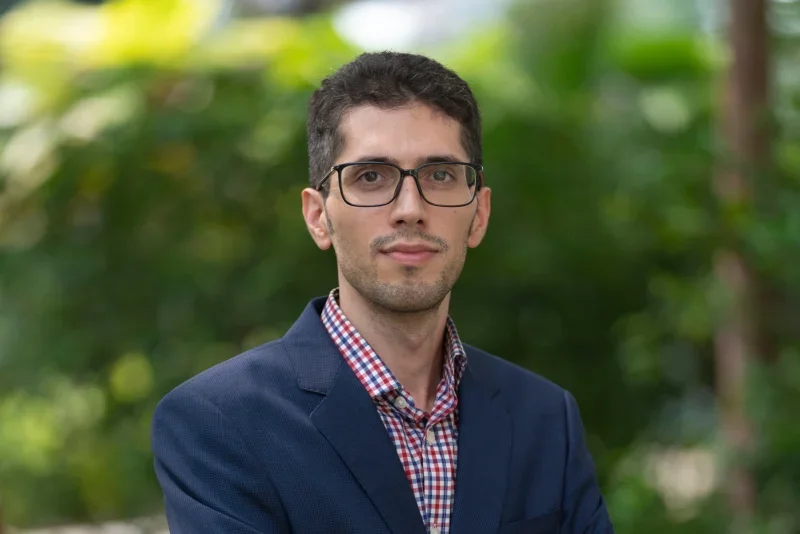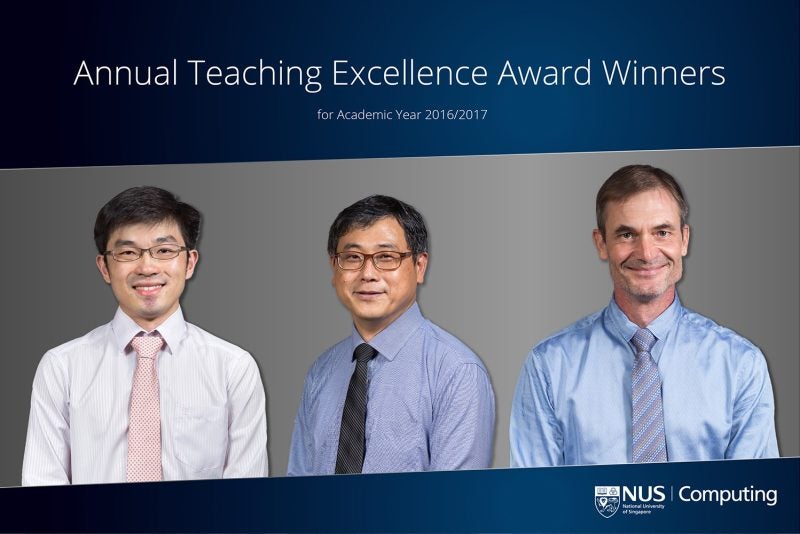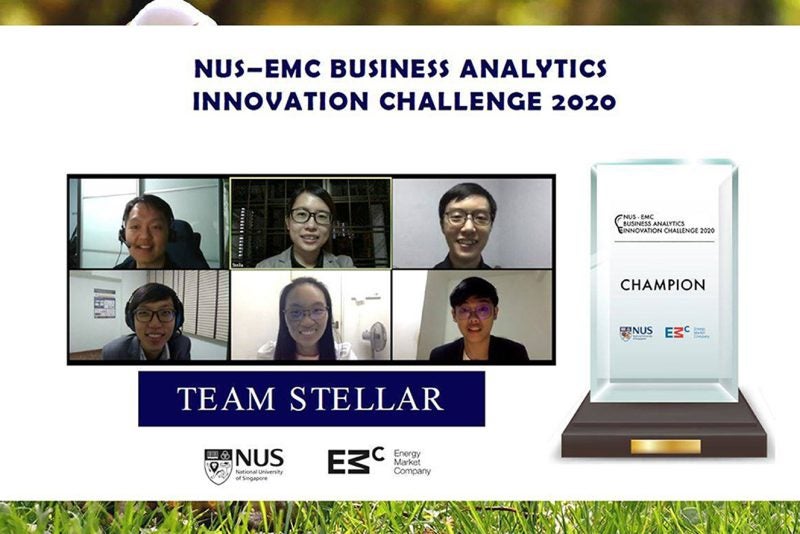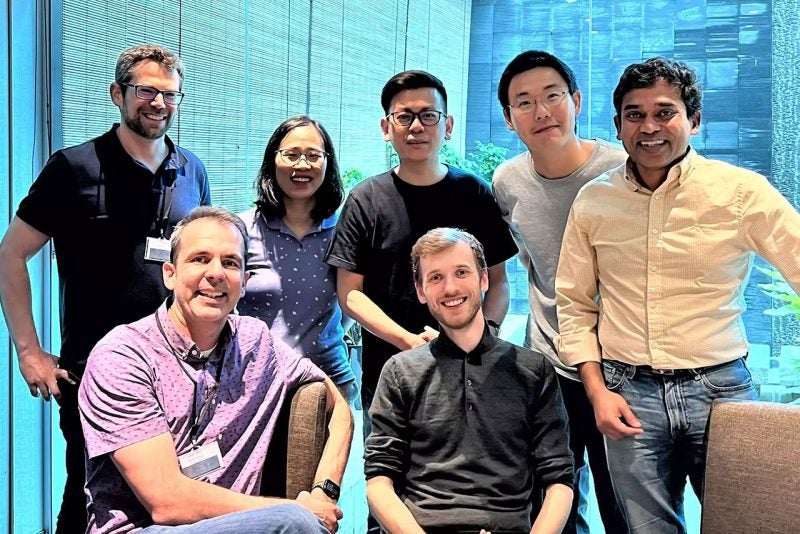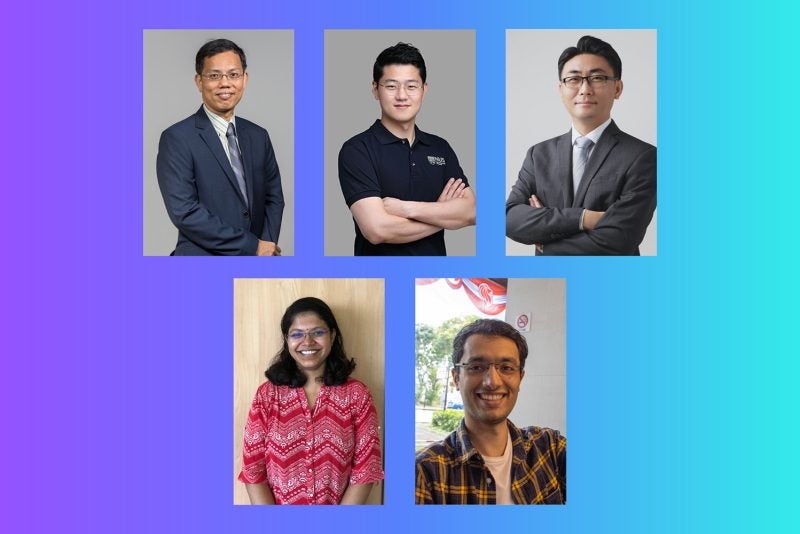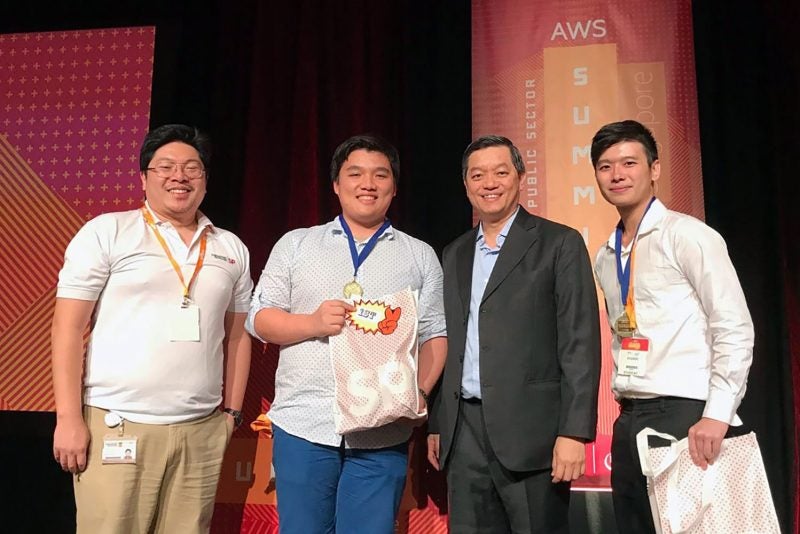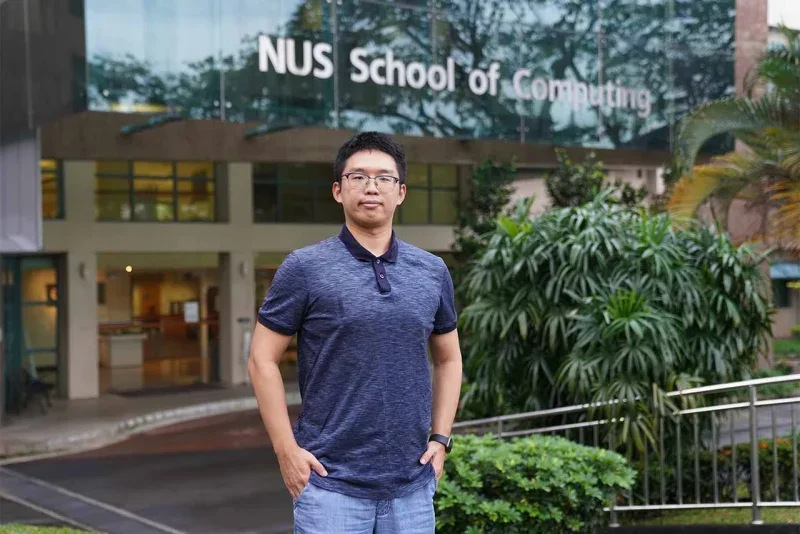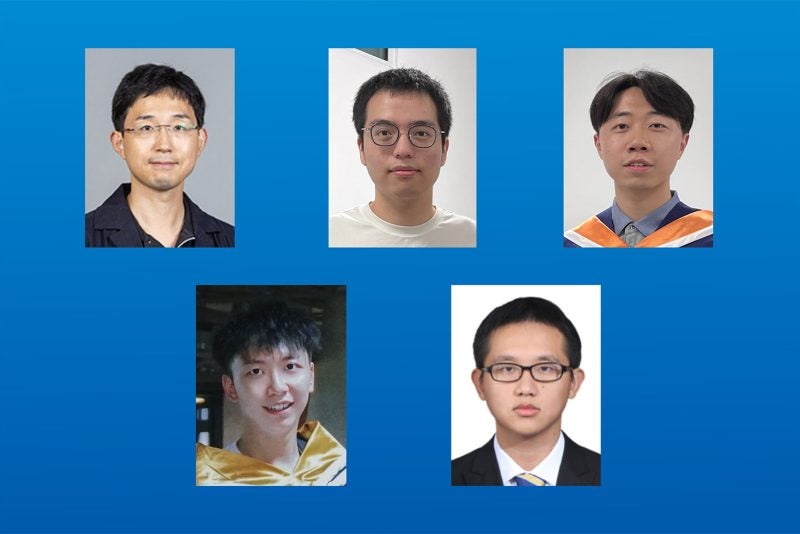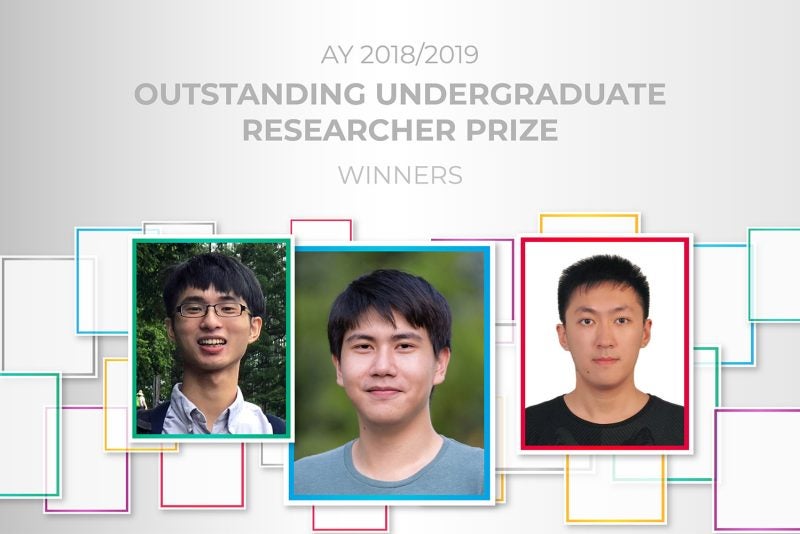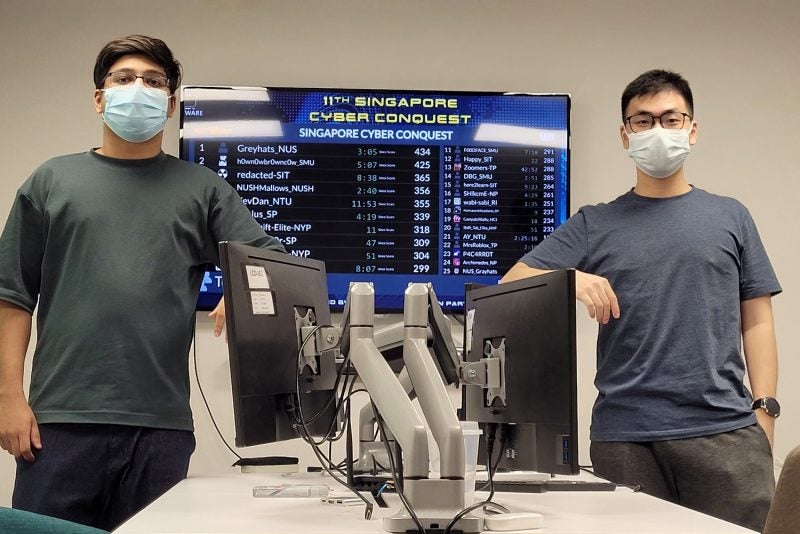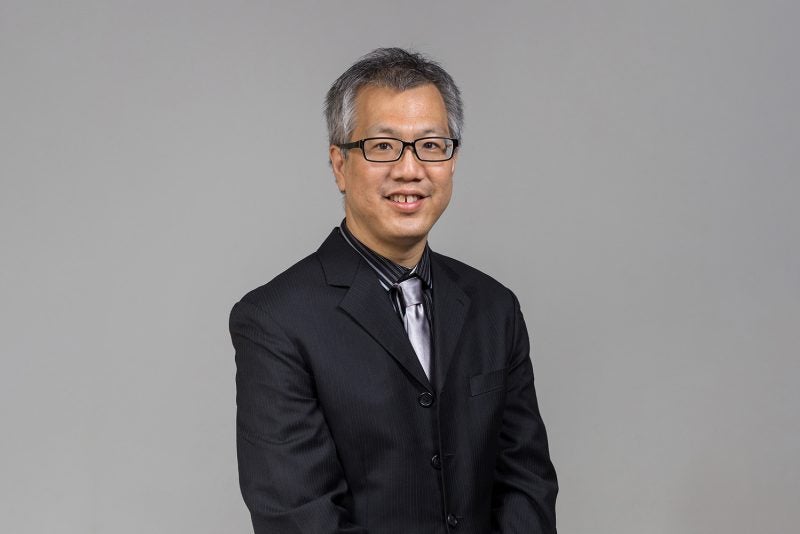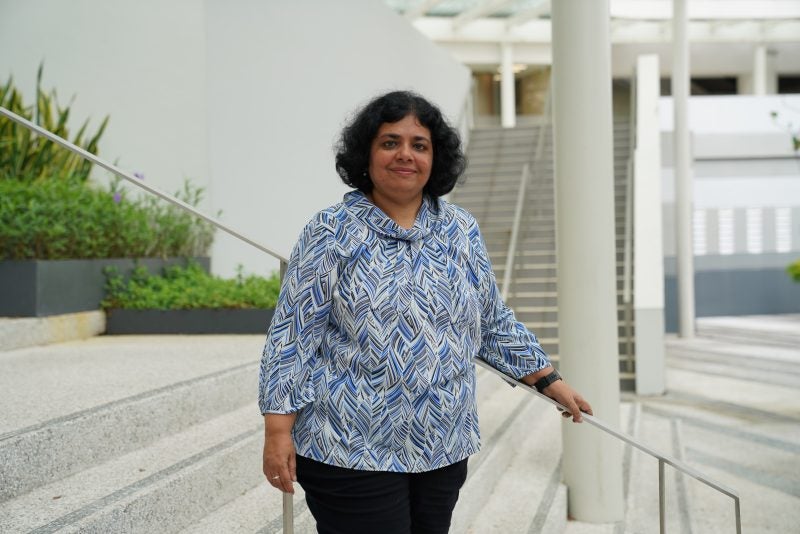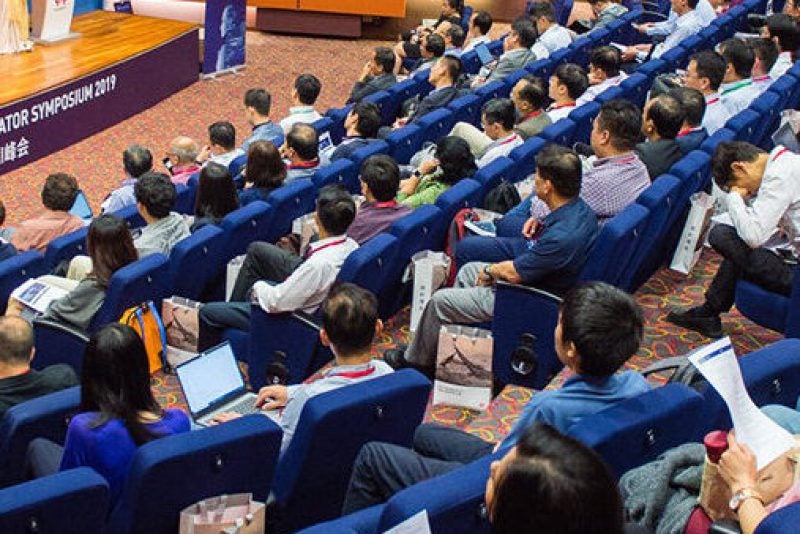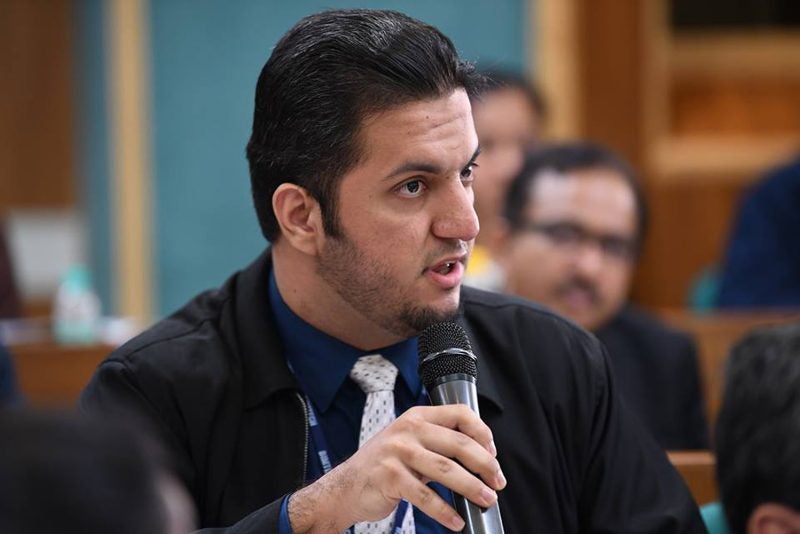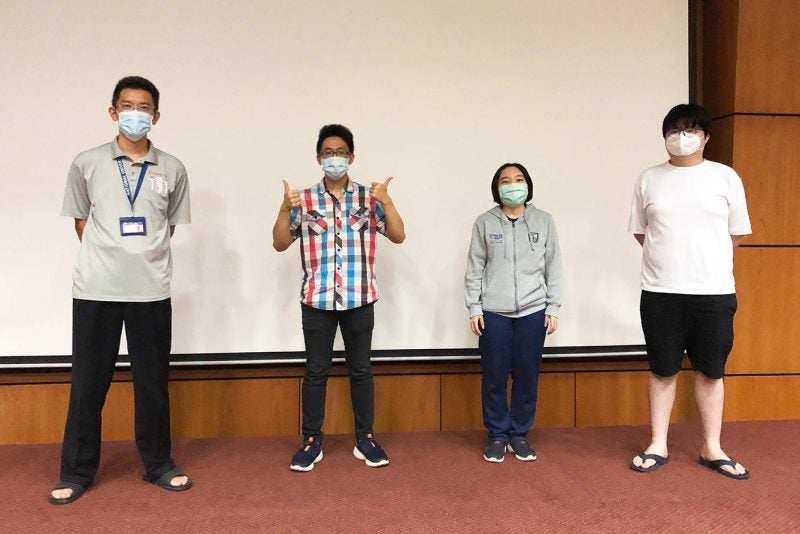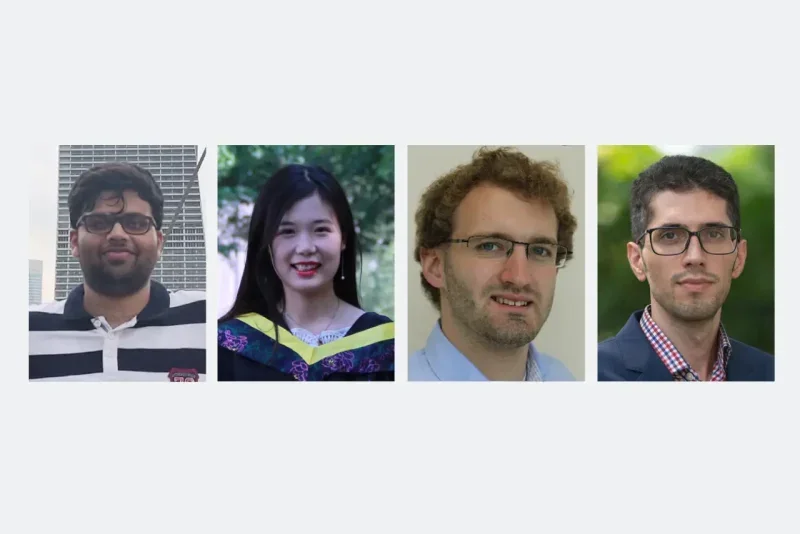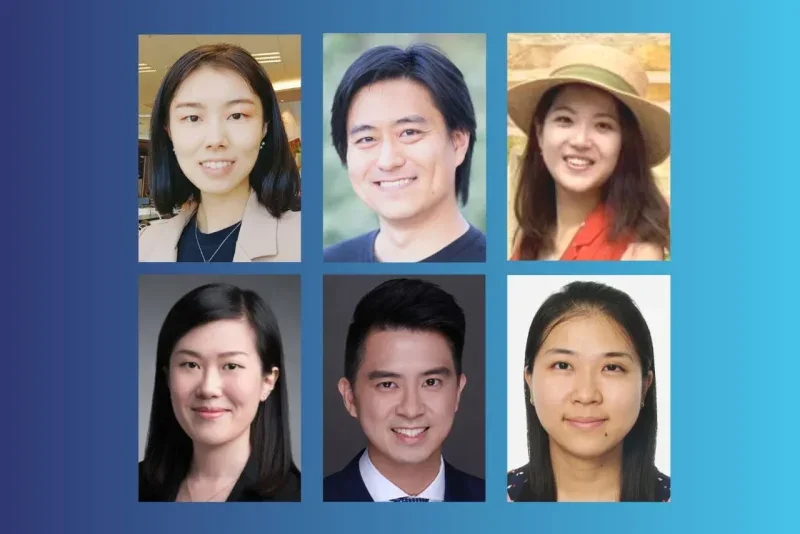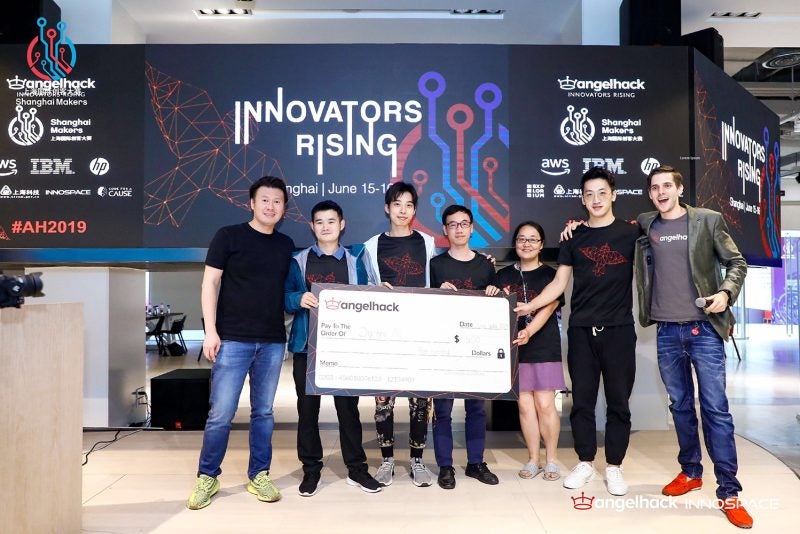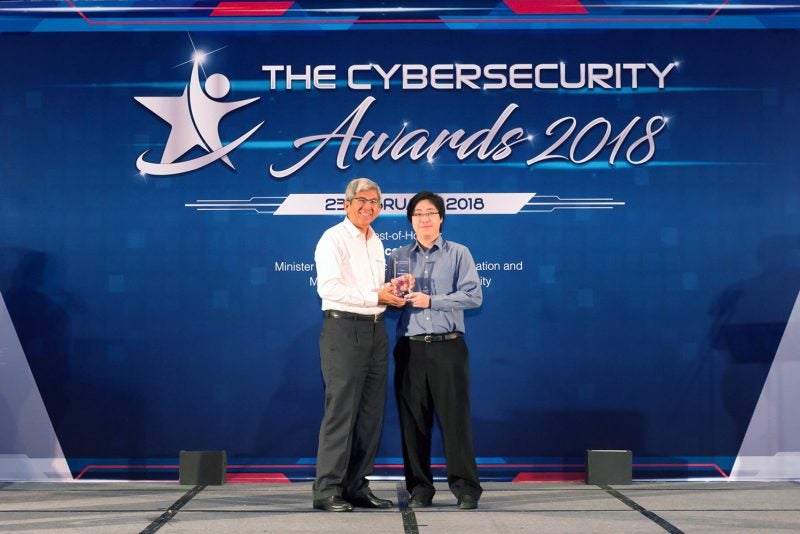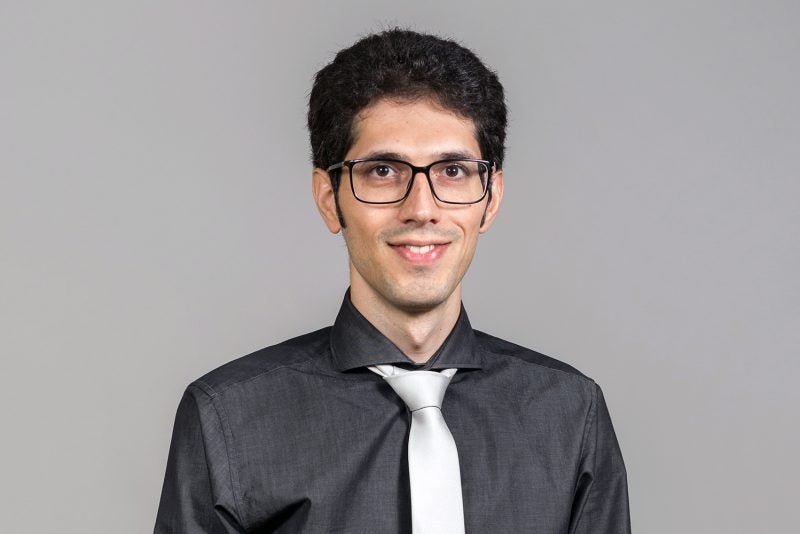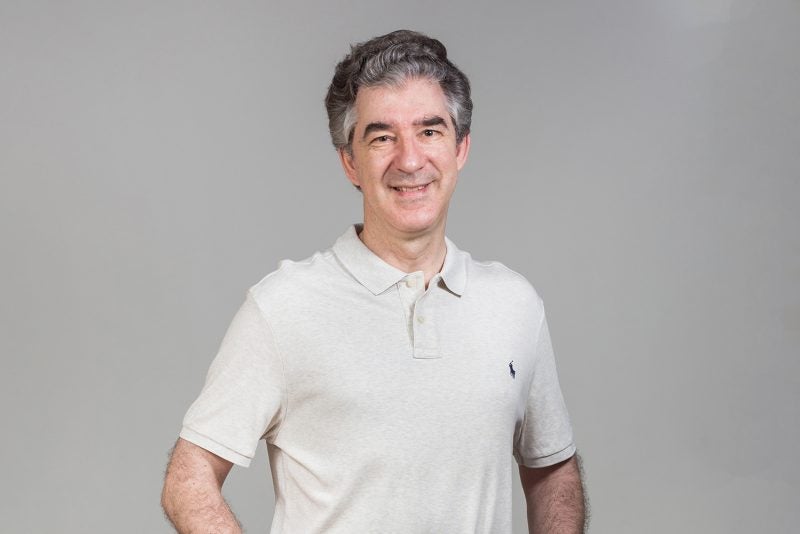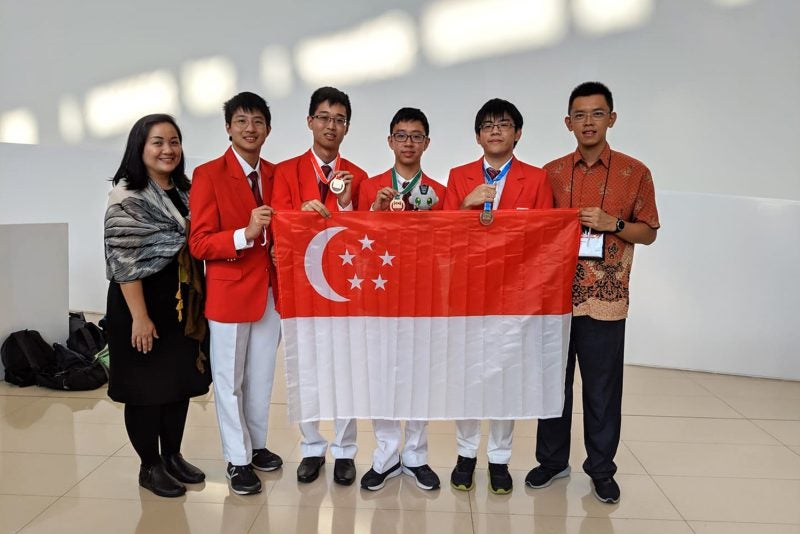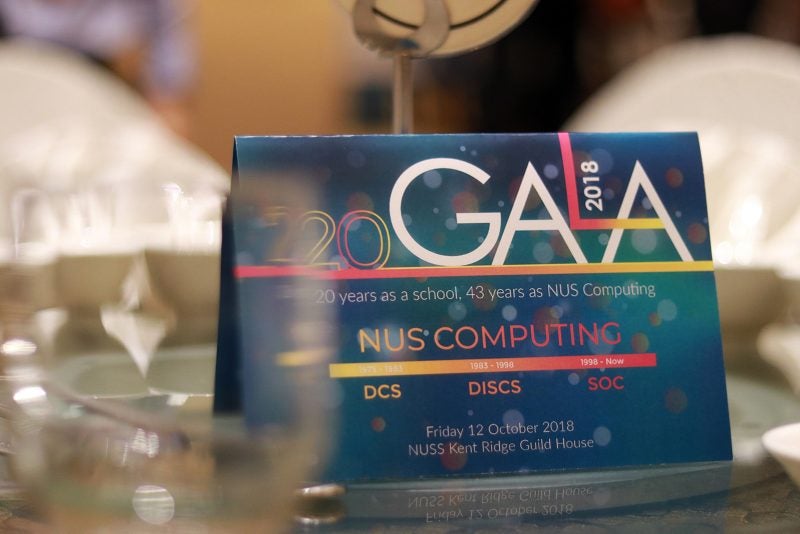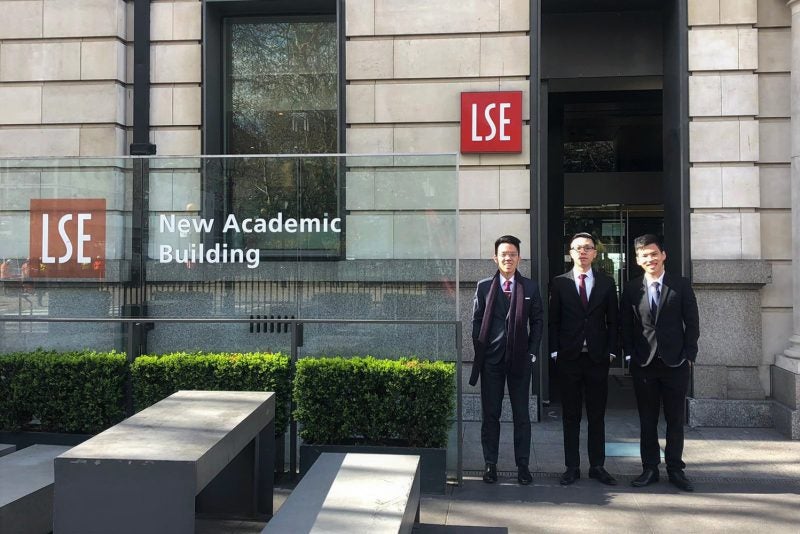24 September 2019 – Third year Information Systems students Ian Leck and Saranya Thiru, together with second year Computer Engineering student Shaun Teo, won the First Prize at the F10 Fintech Hackathon 2019 held from 13 to 15 September this year.
The F10 Fintech Hackathon, organised by Zurich based startup incubator F10 Fintech Incubator & Accelerator, brought together likeminded individuals interested in solving problems related to financial technology (fintech). In this hackathon, teams had to choose to tackle problems from four challenge statements and develop a prototype related to the chosen challenge statement within 48 hours. A total of 36 teams competed in the hackathon held at the head office of PwC Singapore.
The NUS Computing team won the First Prize for the Six Challenge – one of four challenges presented at the hackathon. Teams that chose to embark on the Six Challenge were asked to create a business model for a new generation of investors using data visualisation techniques and artificial intelligence (AI). Ian, Saranya and Shaun developed an investment analysis tool for impact investing – investments that generate a social or environmental impact. “What drew us to take on this challenge was because we felt that there was a gap that had not been filled,” said Ian. “There was no global standard despite a significant trend in impact investing – which is when investors invest into a particular company or organisation for a social cause rather than profit.”
According to the team, their original idea was to create a platform that aggregates news stories to help users in their research. After consultations with their mentors, the team refined their idea and chose to challenge themselves by creating a platform that measures the social and environmental impact of listed companies. The insights provided by the team’s platform would give investors the relevant information they needed. One of the features that the team included in was the platform’s easy integration with other trading platforms. “We did not want to come up with a separate application,” said Saranya. “Instead, we wanted a platform that could be built upon existing resources that banks and trading platforms have already established.”
“Before we attended our mentoring session, our team spent the night before refining and solidifying our idea,” said Shaun. “However, at the session, our idea was torn down by our mentors and we started doubting our ability to present a worthwhile solution. This challenged us to go back to the drawing board and to scrutinise our idea.”
“The hackathon was an humbling experience for the team as we would have never thought that we could win,” Ian added. “The mentorship we have received was pivotal in guiding us towards our final solution and we are really glad to have received such guidance throughout the two days.”

